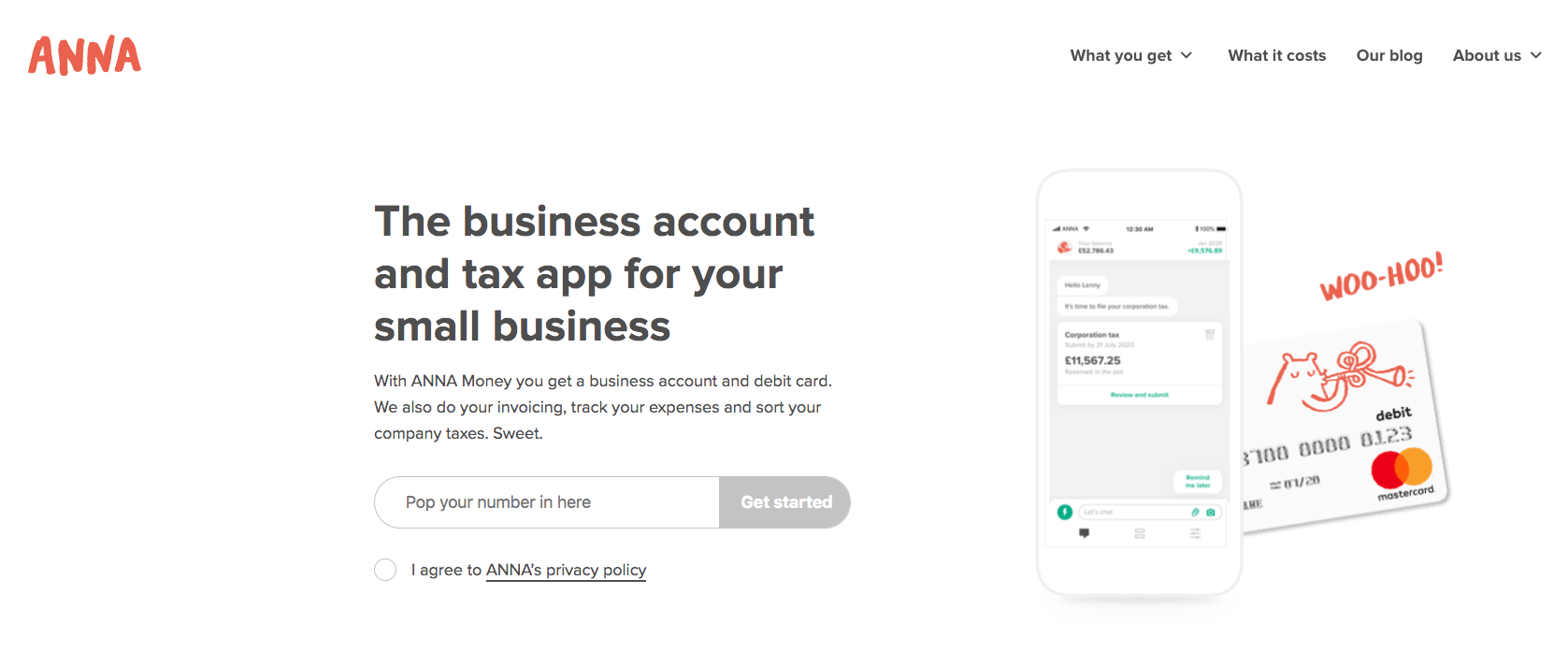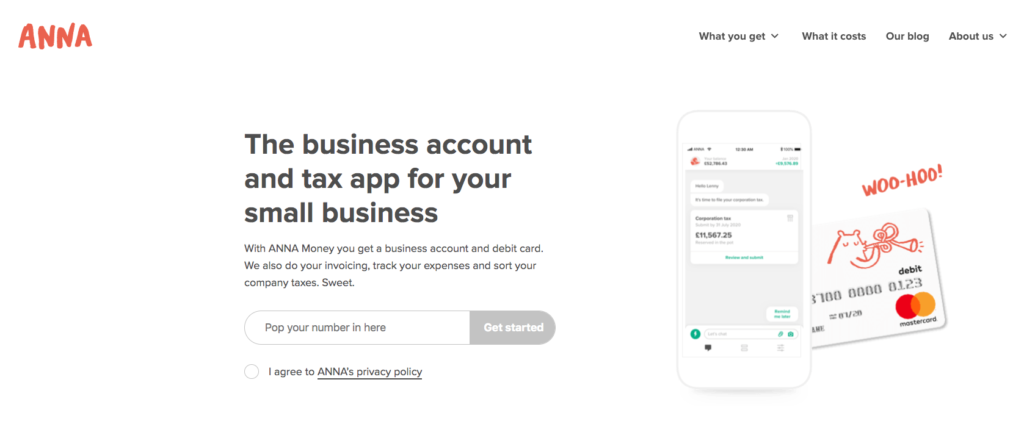
- Business account provider ANNA Money has teamed up with card infrastructure company Episode Six.
- Via the partnership, ANNA Money has migrated its business card program to Episode Six’s platform to better serve its small business customers.
- Headquartered in Cardiff, Wales, ANNA Money made its Finovate debut at FinovateEurope 2020.
All-in-one business account provider ANNA Money has partnered with card issuing and ledger infrastructure company Episode Six. ANNA Money has successfully migrated its business card program to Episode Six’s platform to better meet the product, expansion, and integration needs of its customers.
“We needed a partner with proven infrastructure and the ability to match our pace and expansion,” ANNA Money COO Alex Kokovin said. “Episode Six delivered on all fronts, addressing the limitations we previously faced. Their technology allows us to offer business debit cards, deliver a seamless experience to our customers, and scale with confidence. We reviewed a large number of vendors and Episode Six stood out for their experience, agility, and proven ability to migrate live card programs successfully.”
ANNA Money has leveraged Episode Six’s modern card infrastructure to integrate virtual and physical card capabilities into its mobile-first business account solution. The integration enables visibility into real-time transactions, instant card issuance, and the ability to configure both features and workflows. A core component of ANNA Money’s offering, business debit cards enable the fintech’s customers to pay suppliers and make business payments directly from their account conveniently and securely. In their announcement, the companies noted that their partnership comes as demand for modern card solutions is growing among SMEs in the UK. A 2024 study by Juniper Research estimated that the number of cards issued by modern card issuing platforms will soar from 748 million in 2024 to 1.4 billion in 2029.
“ANNA Money is a great example of what’s possible when fintechs pair vision with the right infrastructure,” Episode Six CEO and Co-Founder John Mitchell said. “By leveraging our platform, they’ve migrated to a sophisticated card platform to enhance the overall ANNA Money offering for its business customers, at scale and with speed.”
Episode Six helps banks, fintechs, and brands launch card, deposit, and credit products at speed and scale their offerings without having to rewrite their core. The company’s technology enables firms to build consumer, business, and secured credit cards; prepaid and debit cards; commercial cards and spend controls; multi-currency cards and wallets; virtual accounts and embedded wallets; installments, BNPL, lending features, and more. Founded in 2015 and headquartered in Austin, Texas, Episode Six operates in 50 markets around the world, has more than 70 enterprise customers, and more than 40 million end users.
Headquartered in Cardiff, Wales, and founded in 2017, ANNA Money made its Finovate debut at FinovateEurope 2020. At the conference, ANNA Money demoed how its tax and VAT accounting functionality provides self-assessment and VAT returns without the cost of relying on dedicated accountants. The technology automatically categorizes and reconciles expenses, calculates VAT and tax in real time, and submits completed tax and VAT returns to the HMRC.
This week’s announcement comes weeks after ANNA Money reported that it was working with Australian fintech Shaype, which helps businesses embed banking and payment options into their offerings. The partnership enabled Shaype to launch an all-in-one business finance super app that consolidates services including business banking, taxes, expenses, company formation, and corporate cards into a single platform.








